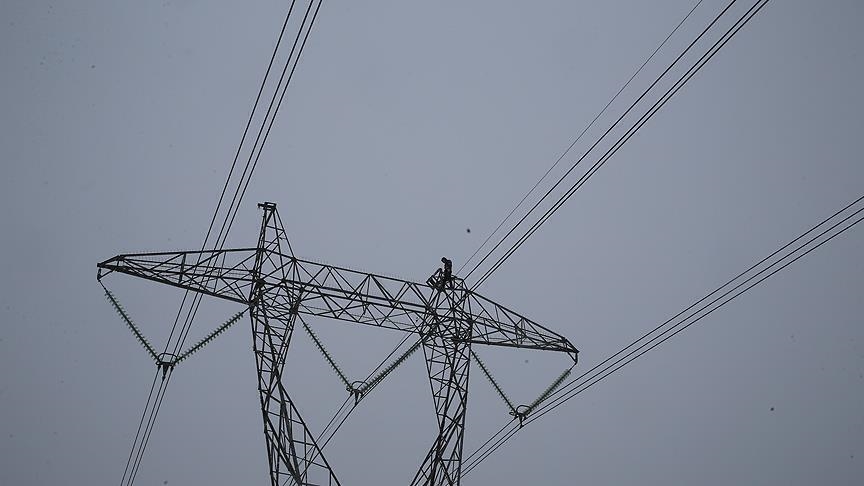
Nigeria has reduced its electricity to the Niger Republic from 80 megawatts to 46 megawatts, marking a 42% reduction in power to neighboring countries. The decision is attributed to internal challenges in the Nigerian power sector and ongoing regional tensions following the military takeover in July 2023.
Niger’s Energy Minister Haoua Amadou confirmed that the reduction in electricity supply in Nigeria caused a 30% to 50% drop in overall power generation in the country. This decline has resulted in the state-owned power company Nigelec imposing long and scheduled power outages, especially in the capital Niamey. Although Nigeria resumed some of its electricity to Niger after the initial moratorium triggered by regional sanctions against the military government, the supply remains significantly below previous levels.
Back home, Nigeria is working to deepen the power crisis, causing more than 5,000 MW of the crisis for more than 200 million people. Industry experts estimate that the country needs at least 30,000 MW to meet domestic demand. Most of Nigeria’s electricity comes from thermoelectric and hydroelectric power, and more than 29 thermal plants rely heavily on natural gas. However, continued low natural gas supply and insufficient infrastructure investment continue to hinder production.
Under the Association of Power Generators, Nigeria’s power generation companies have exacerbated the crisis, sending a clear warning about potential national power outages. Gencos believes that outstanding debt exceeds $4 trillion is the main problem – N2 trillion owes electricity provided in 2024, and N1.9 trillion n1.9 trillion. According to a statement signed by Colonel Sani Bello (Retired), the chairman of the association’s board of directors, some factories received less than 30% of monthly payments.
Gencos accused Nigeria of bulk electricity trade plc and other stakeholders of taking a seat in the “waterfall arrangement” of the applied power market, which reportedly allocated 100% of payments to certain service providers, while Gencos received 9% to 11% of invoices. The two companies warn that such financial imbalances, even if they are not urgently resolved, could force them to shut down operations.
Nigeria’s Minister of Power Adebayo Adelabu acknowledged the crisis. His special adviser, Bolaji Tunji, confirmed that the government is taking steps to address the issue. He added that the Treasury Ministry is expected to take over the responsibility for clearing outstanding debts soon as part of a broader effort to stabilize the power sector.
